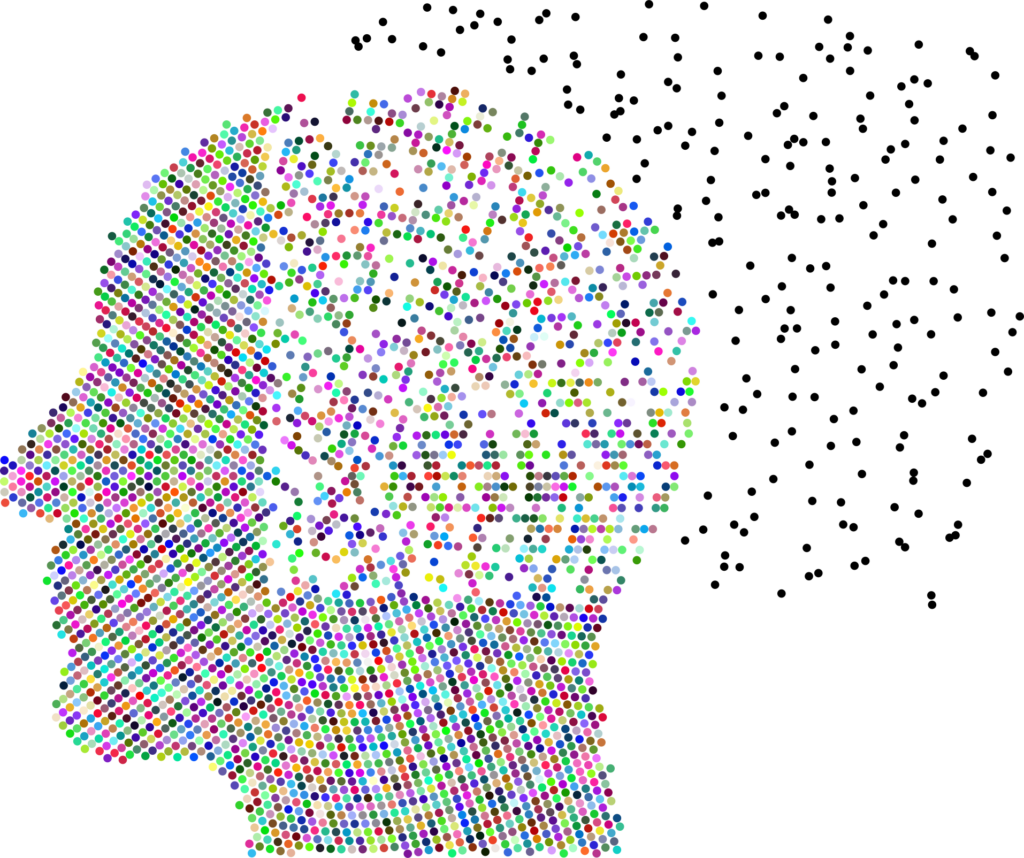HEALTHCARE NEWS
Artificial intelligence predicts who will develop dementia in two years
A new study 1, performed by the University of Exeter, shows that artificial intelligence can predict if people – attend memory clinics – develop dementia within two years. The prediction accuracy is 92 percent, obtained in a largescale study conducted on more than 15,400 patients in the U.S.2
The data were collected between 2005 and 2015 from individuals who participated in a network of 30 National Alzheimer’s Coordinating Center memory clinics in the U.S. The individuals did not have dementia at the beginning but had problems with memory and brain functions. Ten percent of the participants (i.e., 1,568) received a new diagnosis of dementia within two years of visiting the memory clinic.
The proposed machine learning method identifies at-risk patients by discovering hidden patterns in the data. The proposed model could predict new dementia cases with 92 percent accuracy, which was notably higher than the existing methods in the literature. In addition, the study suggests that the method could reduce false detections: i.e., individuals who are falsely diagnosed with dementia.
Prof. David Llewellyn – Professor at the University of Exeter and Fellow at the Alan Turing Institute – said, “We’re now able to teach computers to accurately predict who will go on to develop dementia within two years. We’re also excited to learn that our machine learning approach was able to identify patients who may have been misdiagnosed. This has the potential to reduce the guesswork in clinical practice and significantly improve the diagnostic pathway, helping families access the support they need as swiftly and as accurately as possible.”
Dr. Janice Ranson – Research Fellow at the University of Exeter – added that “We know that dementia is a highly feared condition. Embedding machine learning in memory clinics could help ensure diagnosis is far more accurate, reducing the unnecessary distress that a wrong diagnosis could cause.”
Dr. Rosa Sancho – Head of Research at Alzheimer’s Research UK – said, “Artificial intelligence has huge potential for improving early detection of the diseases that cause dementia and could revolutionize the diagnosis process for people concerned about themselves or a loved one showing symptoms. This technique is a significant improvement over existing alternative approaches and could give doctors a basis for recommending life-style changes and identifying people who might benefit from support or in-depth assessments.”
As future work, the research team plans to conduct follow-up studies to evaluate the use of machine learning to improve dementia diagnosis, treatment, and care.

